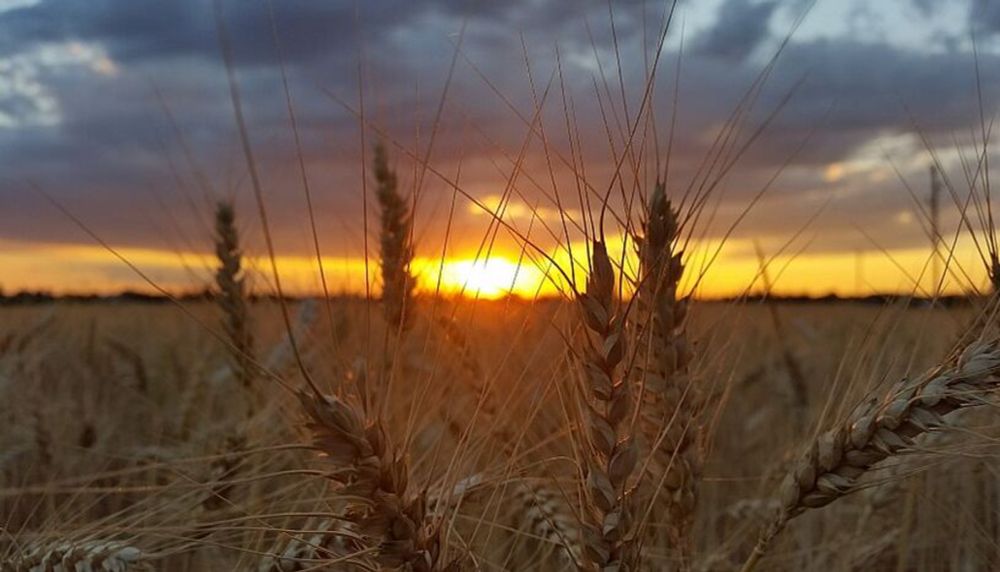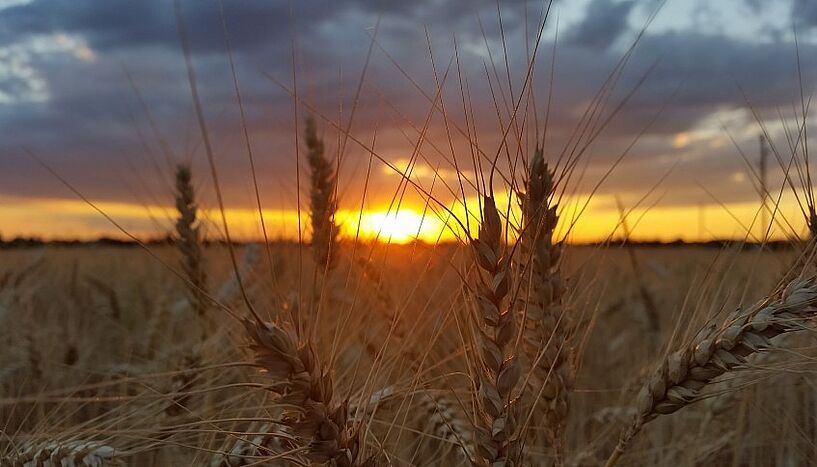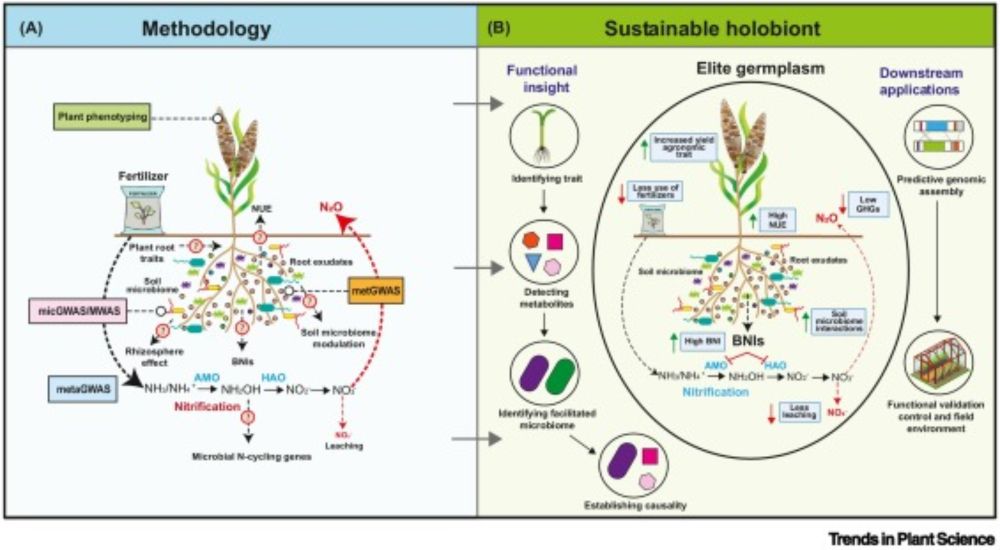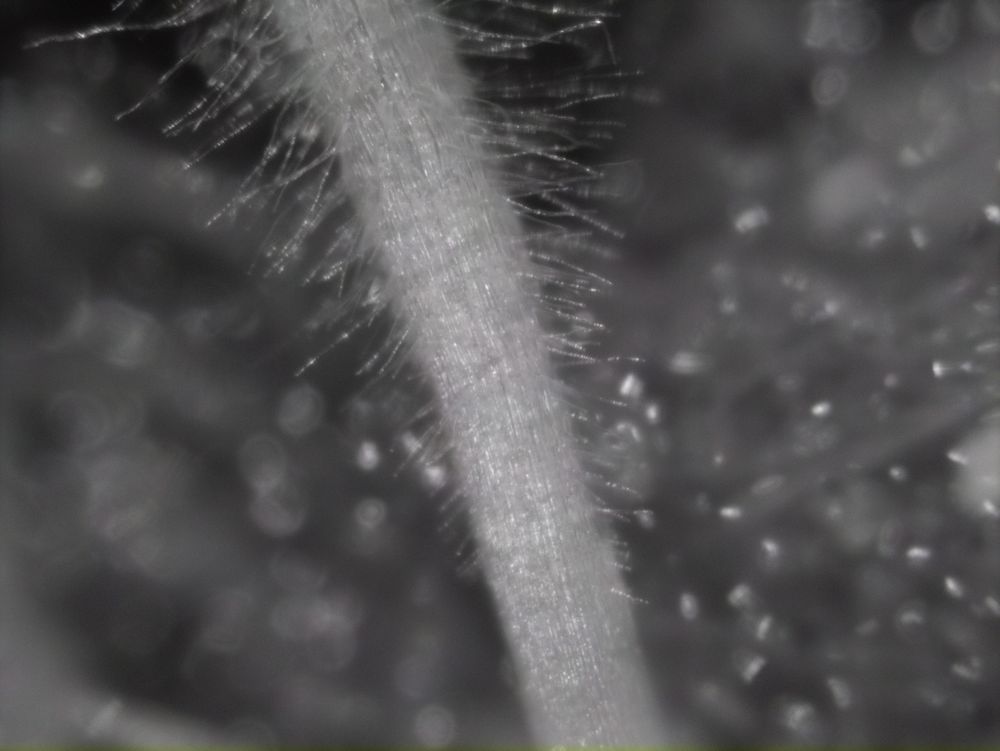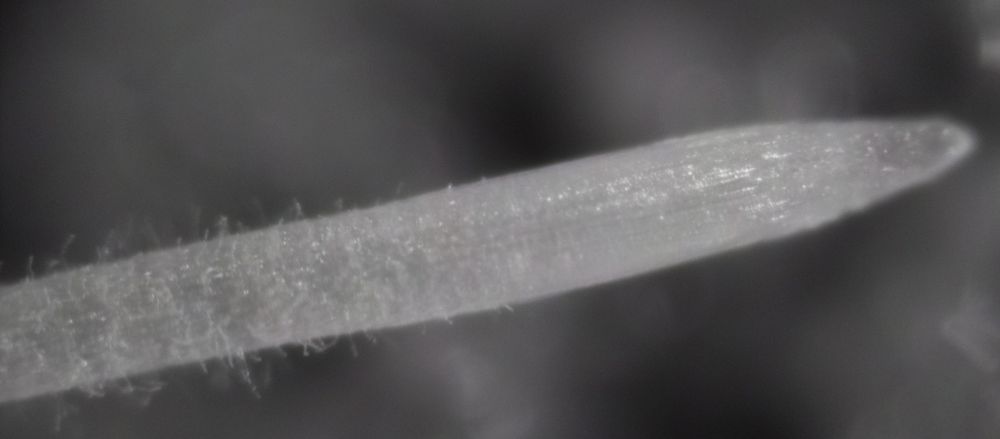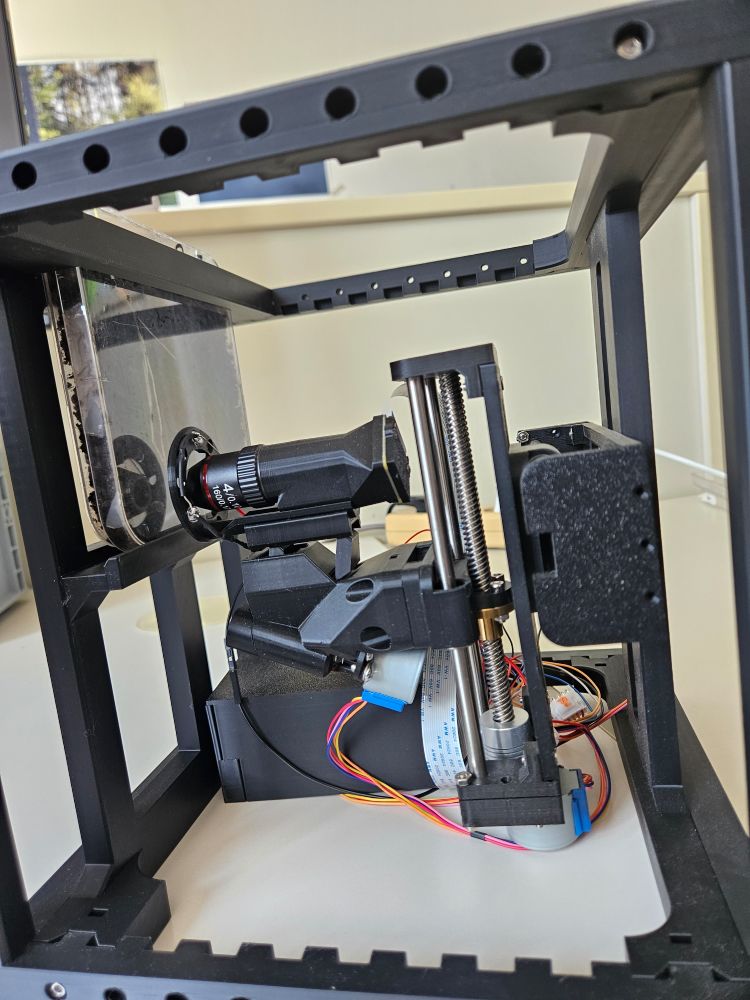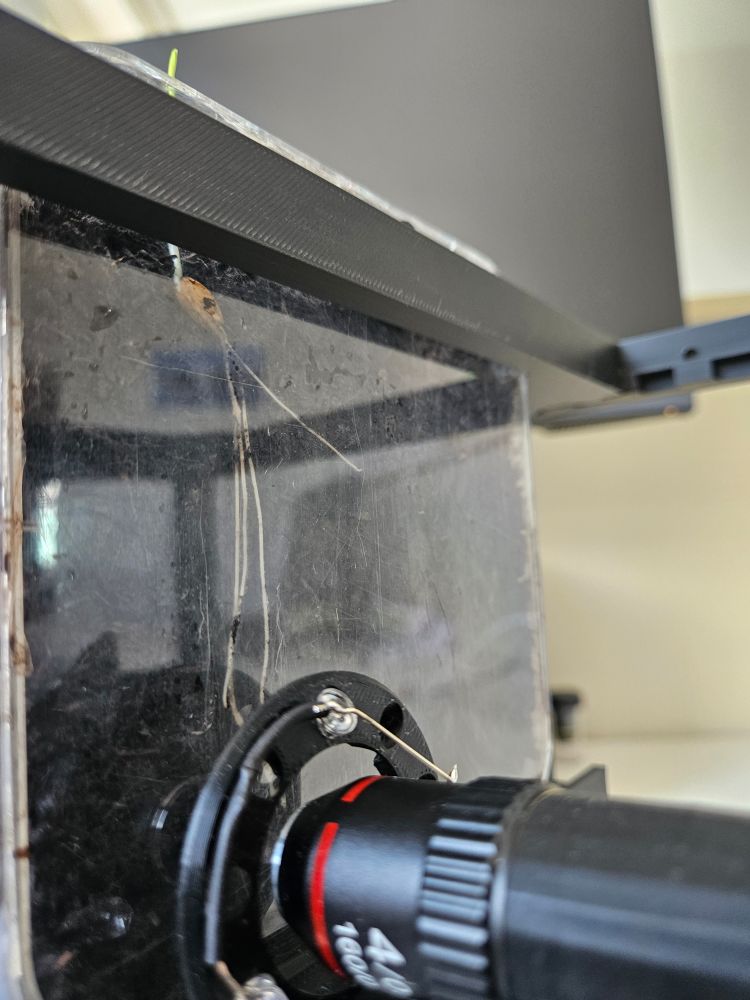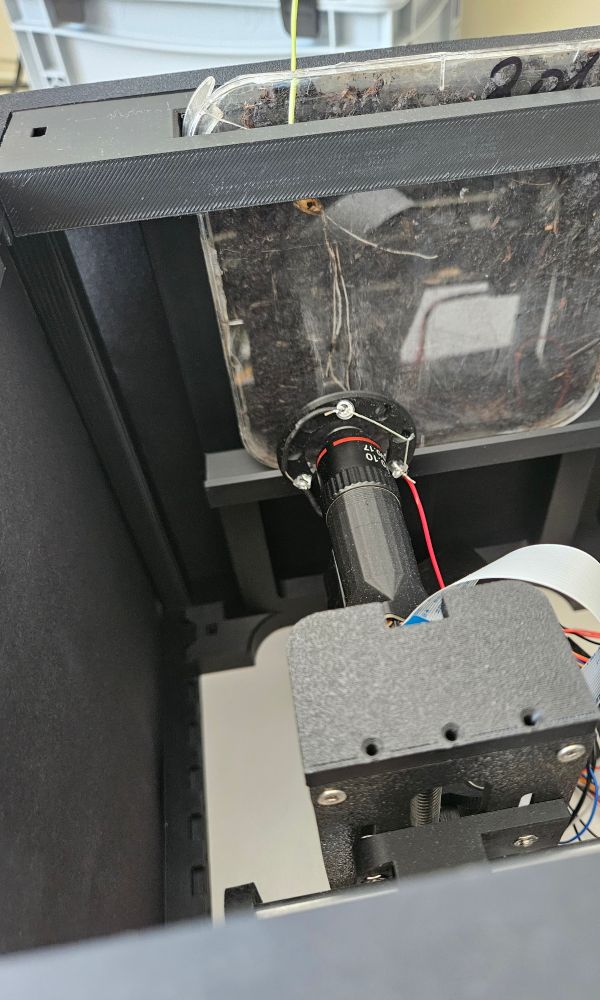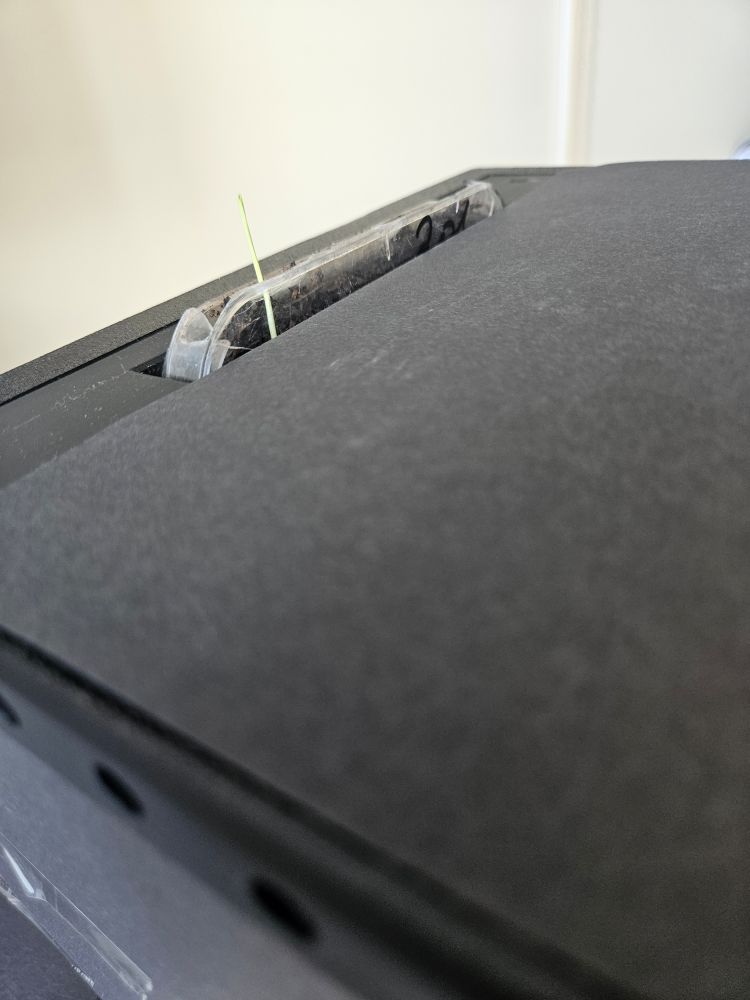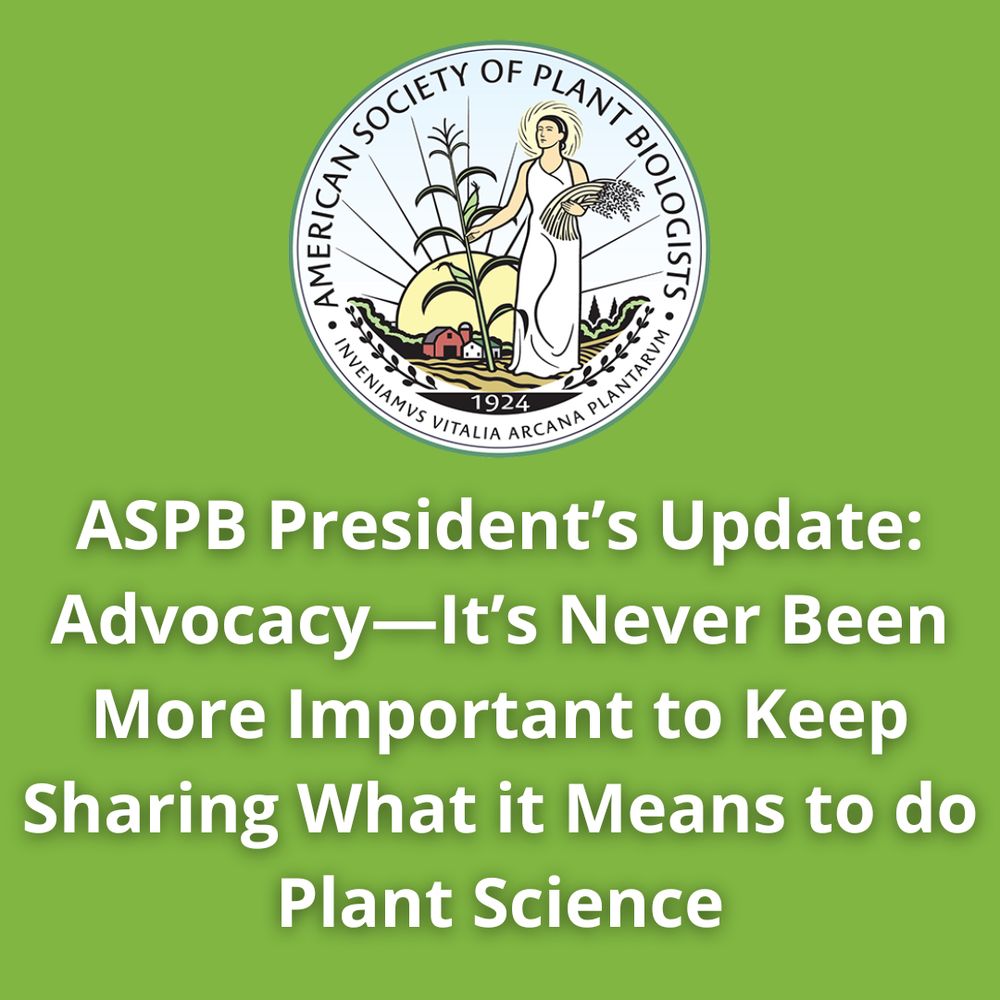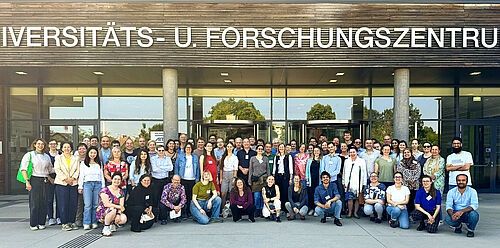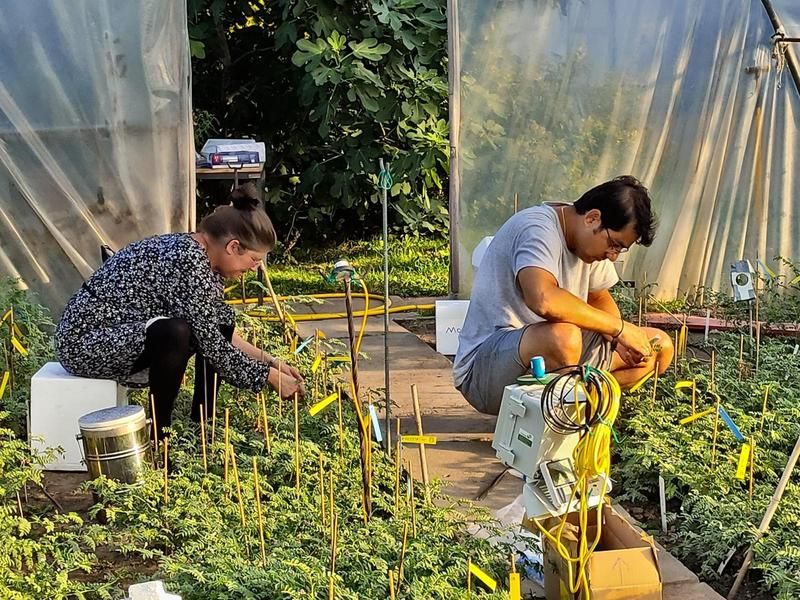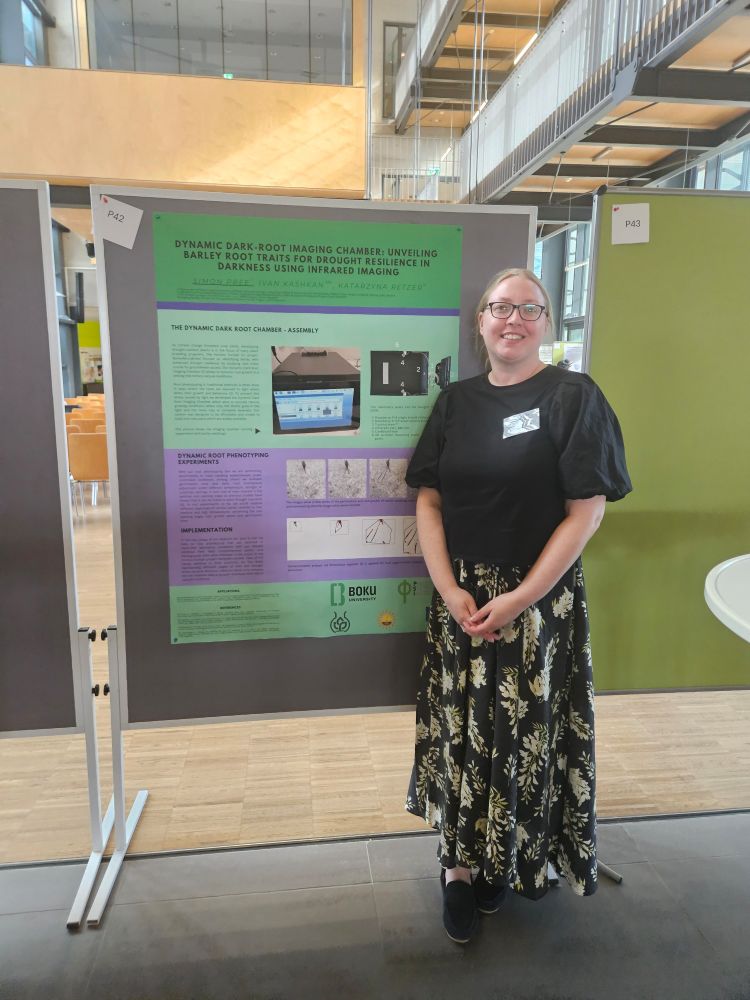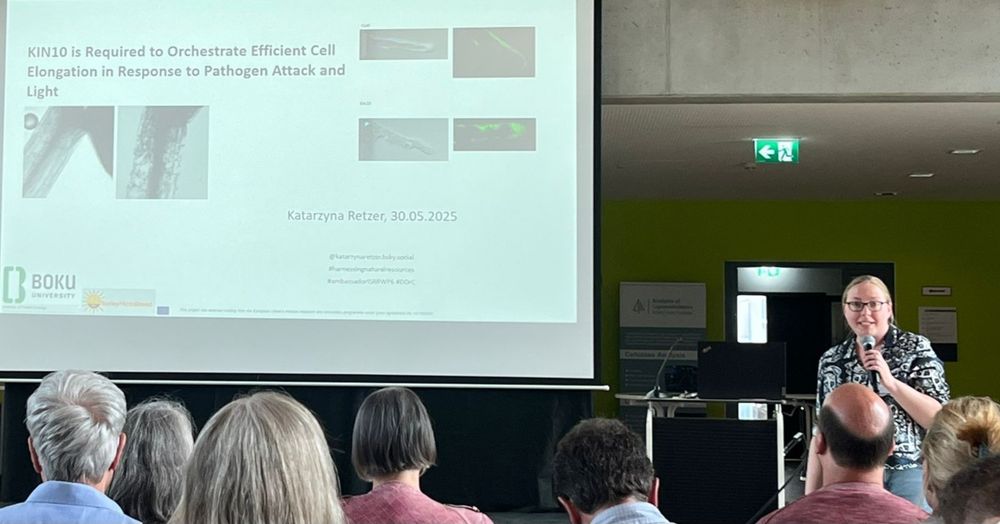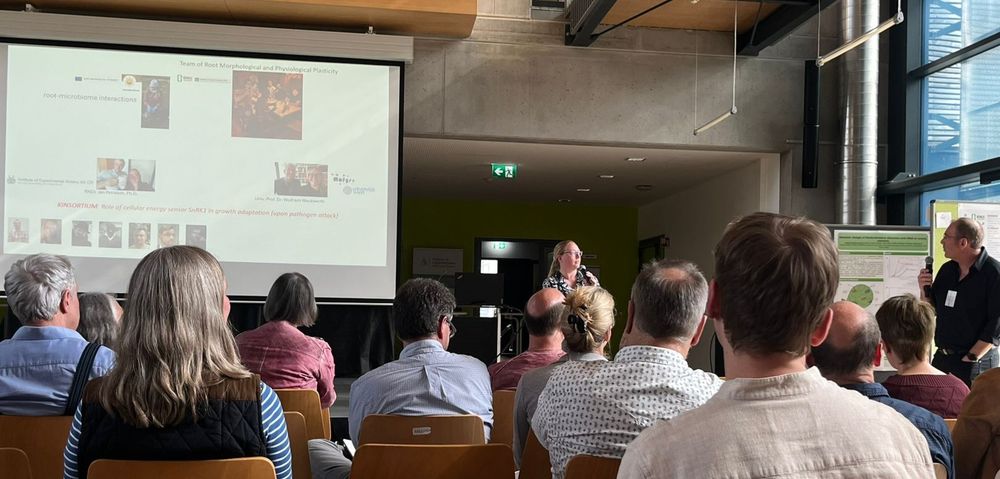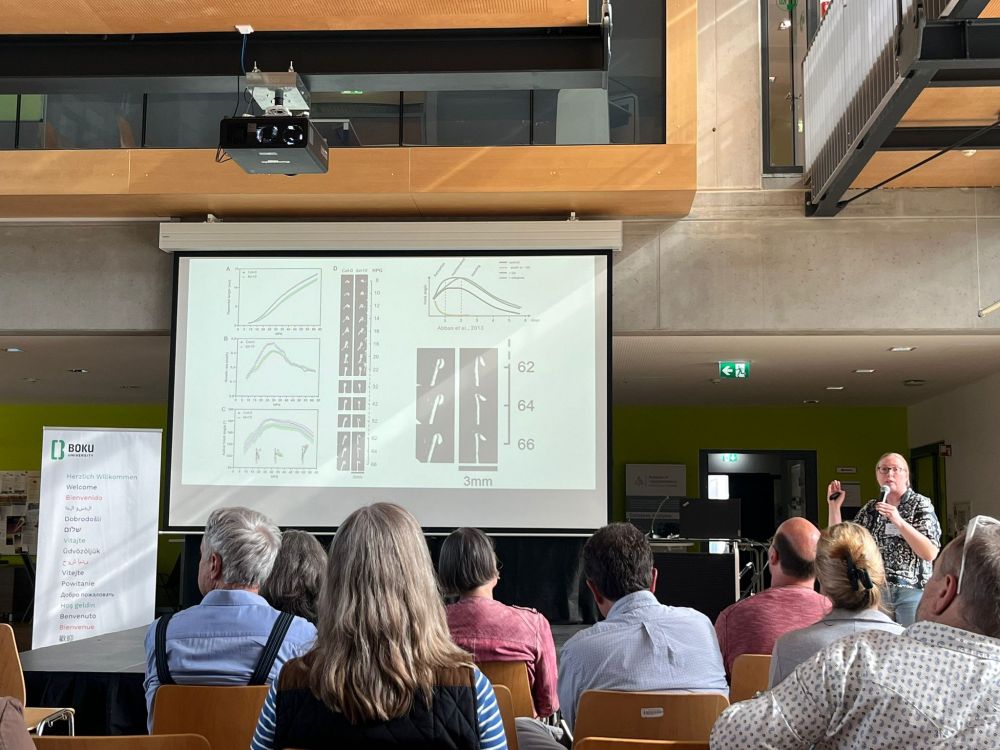Posts
Media
Videos
Starter Packs
Reposted by Austrian Society of Plant Biology
Reposted by Austrian Society of Plant Biology
Reposted by Austrian Society of Plant Biology
Reposted by Austrian Society of Plant Biology
Reposted by Austrian Society of Plant Biology
Reposted by Austrian Society of Plant Biology
Reposted by Austrian Society of Plant Biology
Reposted by Austrian Society of Plant Biology
Reposted by Austrian Society of Plant Biology
Reposted by Austrian Society of Plant Biology
Reposted by Austrian Society of Plant Biology
Reposted by Austrian Society of Plant Biology


